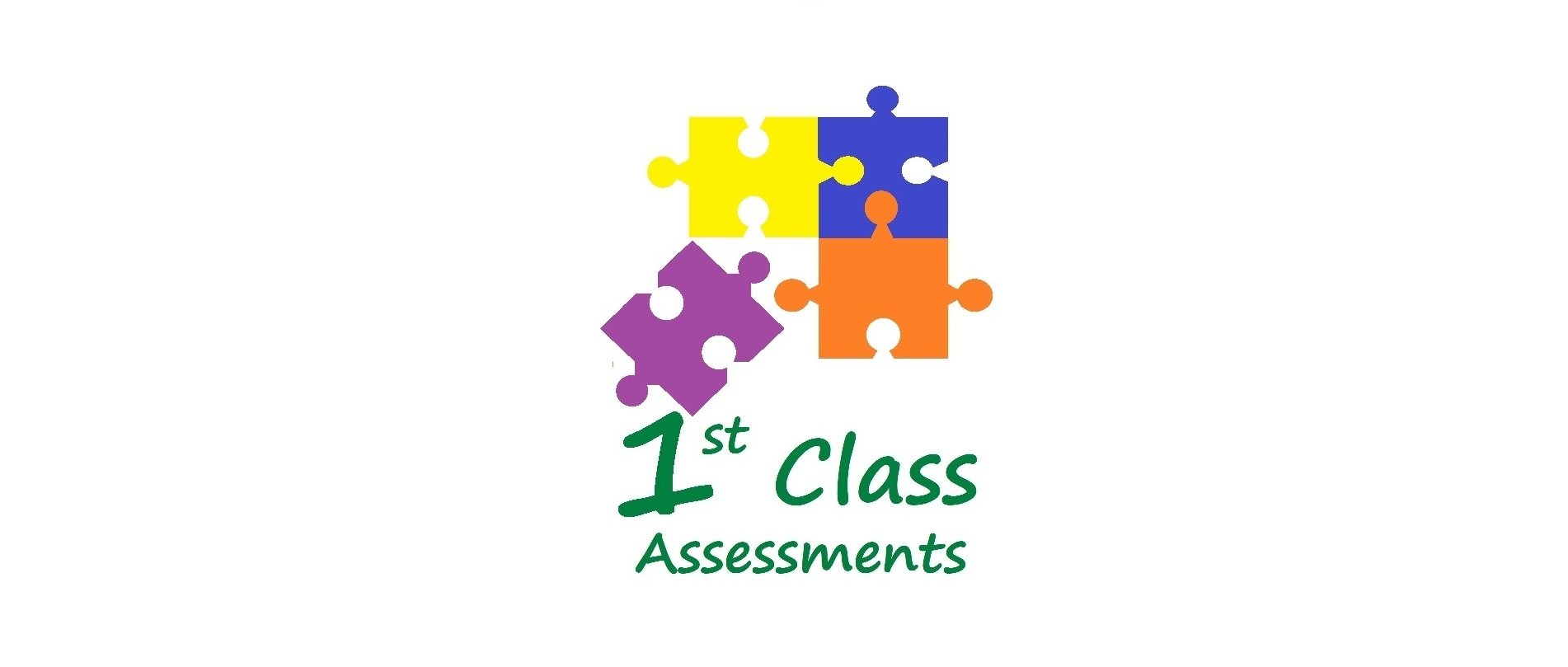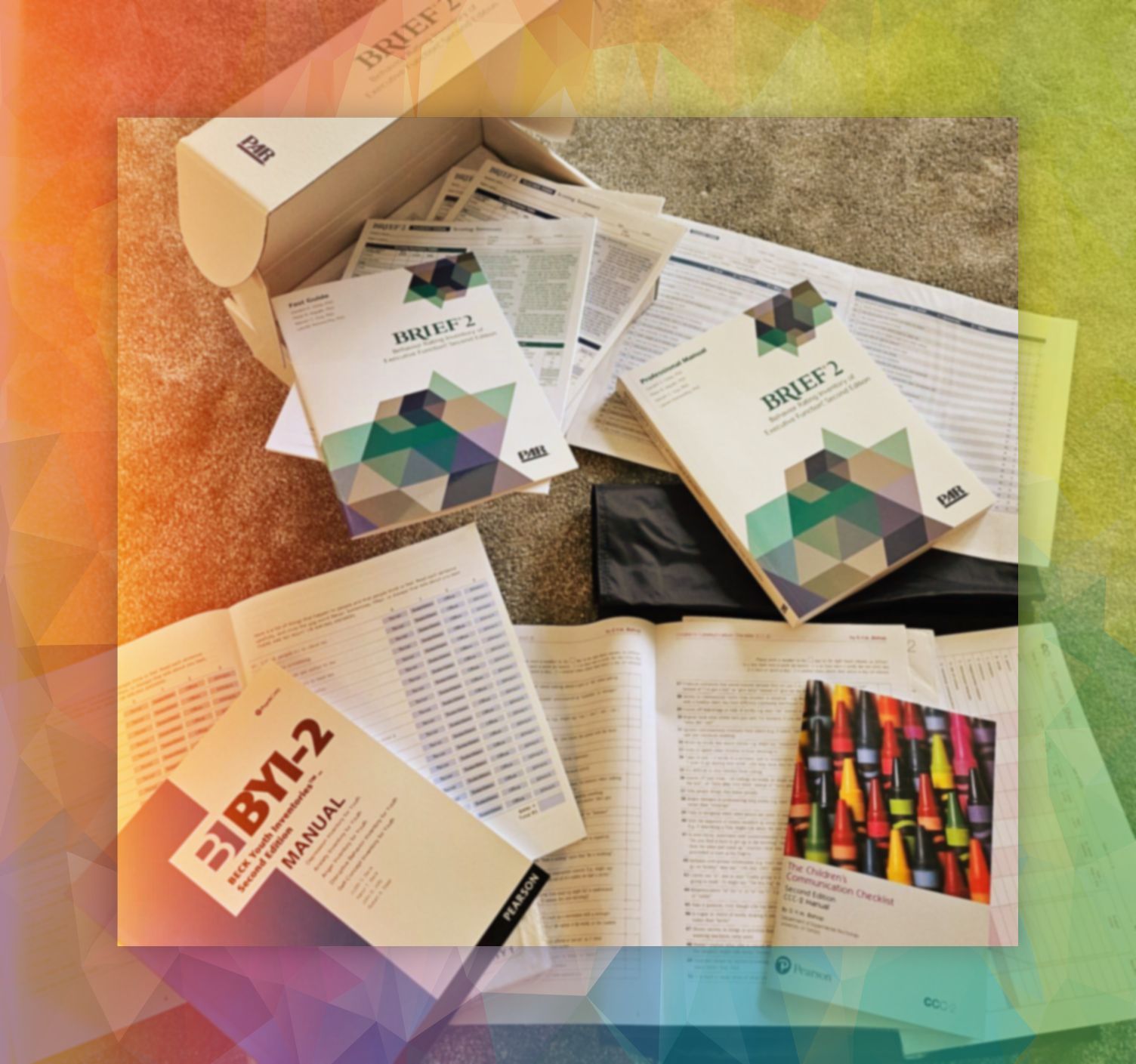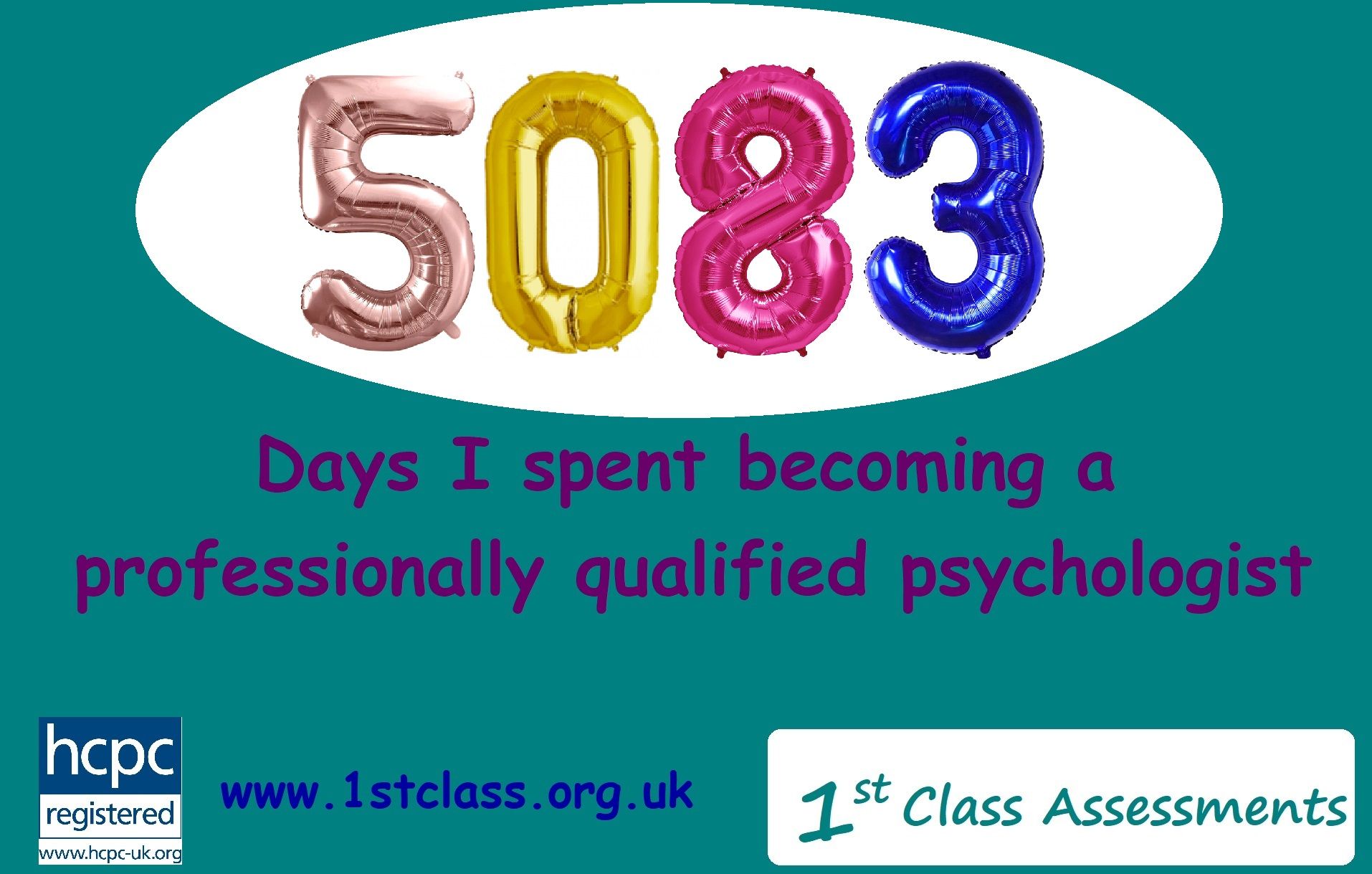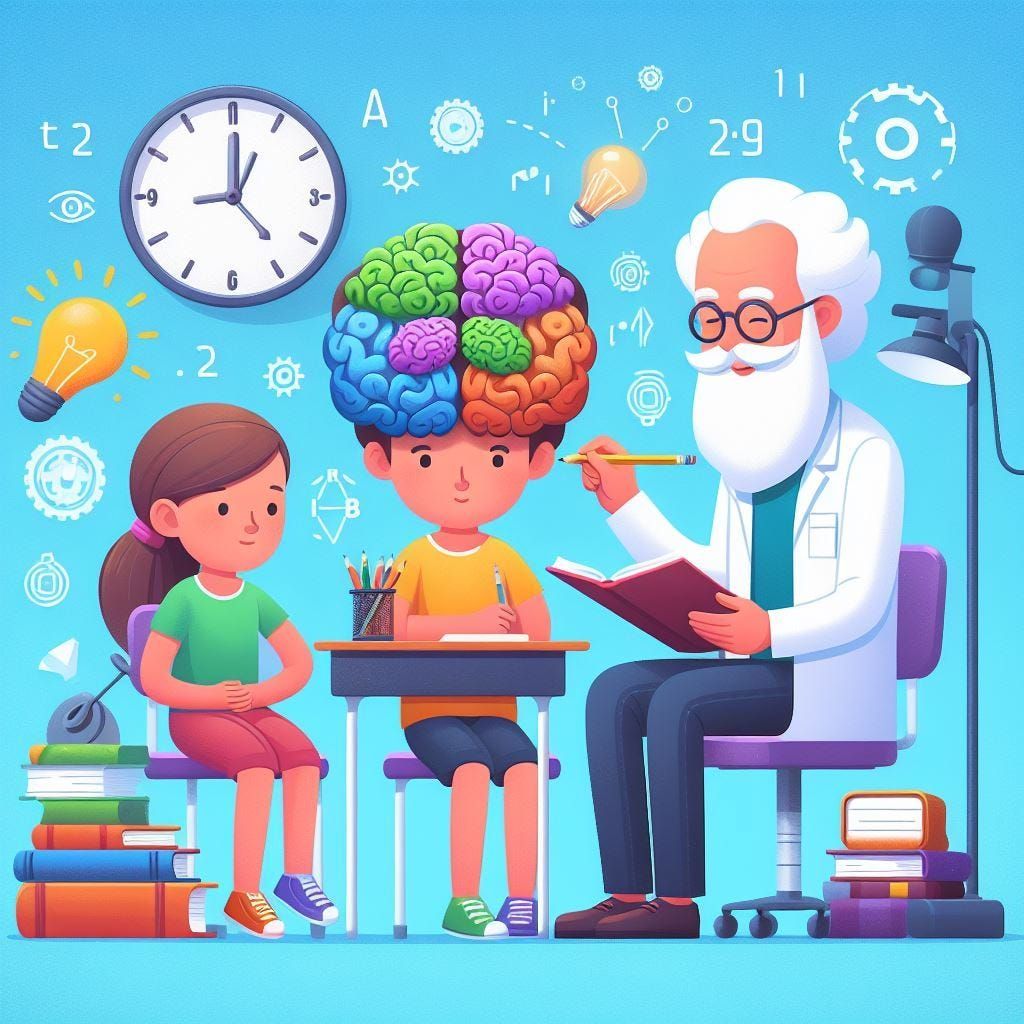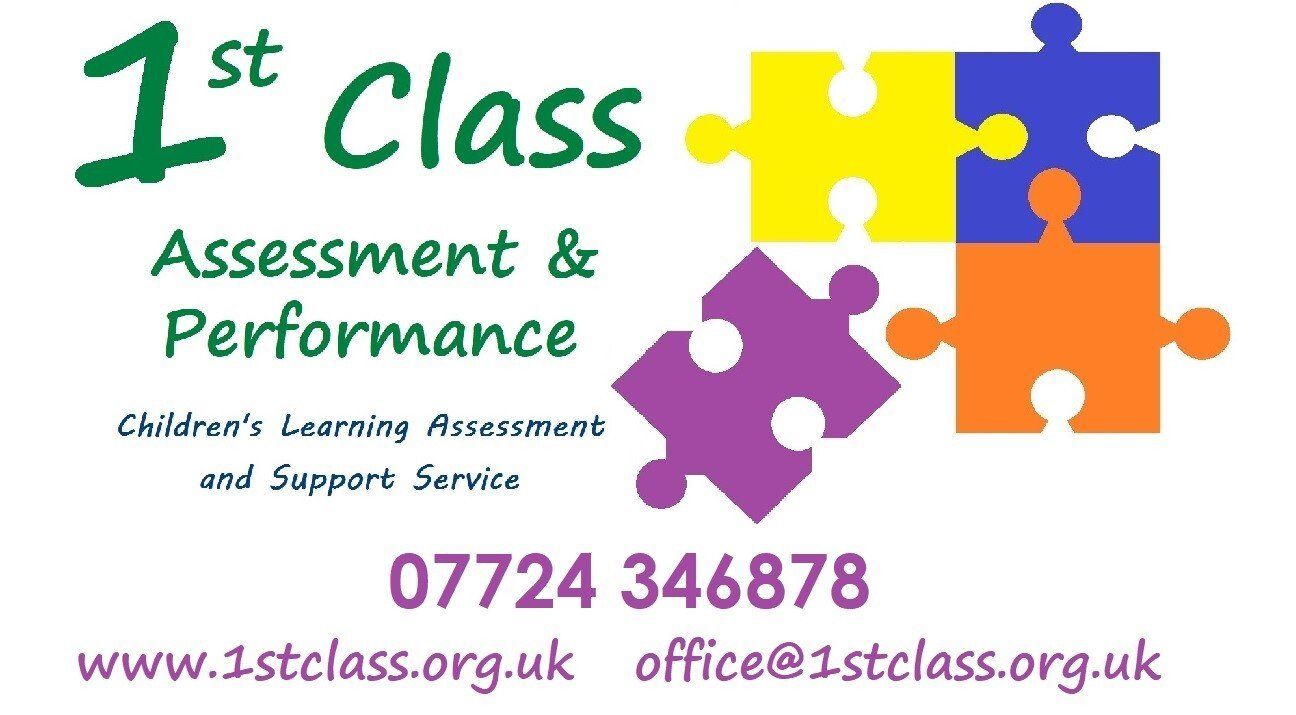Educational Psychology and Home Education
How is Educational Psychology relevant to Home Educated young people?
Firstly a bit about my path to being an independent EP specialising in learning assessments…
I’m now an independent Educational Psychologist, before this I was a local authority EP for many years. As an independent EP, I chose to focus on assessments of learning and skills, which seemed to be the best combination of the aspects of EP work I enjoy, what parents (and schools) often want, and what fits in best with my time and family life. I like the ‘detective’ work of investigating a person’s profile of abilities, pinpointing where their needs are and perhaps why, and building confidence by identifying areas of skill.
I have three children, two in school and one home educated. I understand the home education path, I’ve been part of Home Ed community groups for a while so I’m very familiar with the wide range of issues that parents of home educated children have often been through. I also value schools and teachers, acknowledging that there are so many out there working their hardest to try to meet needs in a difficult context of budget and time constraints and a range of pressures put upon them. I have good working relationships with many schools, and am fortunate that my two school-educated children enjoy their school. So I can see and empathise with education taking place in school or at home; many young people have spent time in school and then been home educated, and vice versa. Some young people will be home educated for some time, and then may return to education in school or college if there are certain qualifications they want or need to obtain. Therefore learning assessments can be useful for a variety of reasons, and can be of benefit to parents during the home education stage, and to teaching staff for young people who return to school or college.
What can I offer to Home Educated children and their families?
People may wonder how Educational Psychology and home education fit together, but I think they are a very good match. EPs are not “school psychologists;” in fact, my Doctorate qualification specifically says “Educational, Child and Community Psychology.” EPs have training in child development, learning, mental health and wellbeing, and all training is focused on the needs of the child and how to make accommodations and interventions that meet needs. This is relevant whether children are educated in school or at home.
Like many professions, local authority EPs are constrained by budgets, monitoring, political landscapes and administration. Also, many of children’s learning needs are unidentified, undefined, still being researched, and it can be the million-dollar question about what interventions will work, often requiring several rounds of trial and error. That is why I start with assessments: these are not solely simple assessments of literacy and numeracy levels, which may be irrelevant to home educators not following a specific curriculum, but assessments of the processes of learning, such as working memory, processing skills, comprehension, reasoning and problem solving. Knowing more about a child’s abilities and strengths helps understand the skills they can use to their benefit and builds their confidence, just as knowing more about their needs helps determine what kind of interventions or resources could be utilised to enhance those areas.
When I do assessments, I avoid the lengthy reports that can be full of difficult terminology; these don’t tell people much about what they need to know, and are too often criticised for being overly generic. I see many of these that are a long list of general interventions and resources, based on minimal individualized information. Instead, I provide detailed assessment information that children, parents (and schools if relevant) can use to really understand a child’s profile and develop a learning pathway to match. For children who have been in school, or may return to school, assessments can help parents and teachers understand their needs and progress, as well as plan for their future learning.
I don’t feel it is my place to advise what specific interventions or resources should be used – that is a matter of preference, resource availability and suitability for the parents or teachers providing the education and support. I often have discussions with educators about possible interventions, but I don’t feel it is appropriate for me to stipulate what targets someone should be working towards or how they should proceed. In a school situation, it can be a difficult position because if an EP advises certain targets, interventions or resources, the people involved feel duty bound to use those and unable to make alternative arrangements or decisions. Instead, experienced educators, including parents, should be free to implement the resources and strategies they prefer, with my assessments providing the information they need to help them identify areas for intervention and support. Education and support are a fluid process of metacognition, intervention and monitoring that it should be up to the educators and learners to work on themselves.
As well as assessments of learning, I also have many others to offer, including questionnaire-based measures, that look at a wider range of needs. For example, language and communication, self-concept, and executive function (eg. cognitive regulation, emotional regulation and behavioural regulation). I can also offer the ADI interview schedule with parents who are concerned that their child is showing ASD traits (this is NOT a diagnosis, but provides information about areas of ASD and how children can be supported in any areas of need identified). Similarly I have questionnaires that relate to areas of ADHD and can help provide information for parents who are considering whether or not their child may have ADHD. Again, it is not to provide a diagnosis but can be of help for parents currently on the waiting list for their child to go through the diagnostic process or considering requesting to be put on the pathway.
I’m happy to hear from any parents of young people who would benefit from assessments of learning.
